One of our favorite things to do while traveling is to read books about the places we’re going, where we’ve been, and of course, where we’re going to go. Blog posts are very quickly taking up the space that guidebooks used to in terms of practicality, but I have way too much nostalgia to let go of them completely. I usually turn to fiction about a place, but there have been some wonderfully written travel memoirs. And because I love very specific book lists, my new favorite genre and I hope it will become your favorite one too: Novelists who wrote memoirs:
1. All God’s Children Need Traveling Shoes by Maya Angelou
by Maya Angelou
This is a story of an outsider in Ghana, but it’s so much more. It’s a political critique, a deeply personal memoir of a mother and son, Black identity, African identity. While Maya Angelou takes you to dark places, she never lets you forget a poet is leading the way, with sentences filled with emotion that cover the range of humanity, this is a wonderful introduction not just to Ghana, but our own worlds and identities. It builds on the narrative of I Know Why the Caged Bird Sings and Gather Together in My Name. Do yourself a favour, whether you are planning on going to Ghana or not, just read it.
Sample Lines:
We were Black Americans in West Africa, where for the first time in our lives the color of our skin was accepted as correct and normal.”
2. The Jaguar Smile: A Nicaraguan Journey by Salman Rushdie
by Salman Rushdie
I’ve always enjoyed the tapestry and complexity of everything Salman Rushdie has written. He doesn’t do predictable plots. And this narrative is characteristic of his fiction: it’s pointed, wonderfully written with large words for even larger ideas, and it uncovers the layers to a country I only know about through random headlines. In The Jaguar Smile, he brings to life people, politics, history, and of course, place.
Sample Lines:
To understand the living in Nicaragua, I found, it was necessary to begin with the dead. The country was full of ghosts. Sandino vive, a wall shouted at me the moment I arrived, and at once a large pinkish boulder replied, Cristo vive, and what’s more, viene pronto.”
3. In an Antique Land: History in the Guise of a Traveler’s Tale by Amitav Ghosh
by Amitav Ghosh
Amitav Ghosh has written many gorgeously penned novels and the most devastating essay on the 1984 pogroms I have ever read, so I immediately picked up this work when I heard about it. It’s a wonderful mix of history and narrative, including what he does best – First person. Whatever you want to call it – fictionalized memoir, historical non-fiction, paranormal dystopian vampire romance (okay, not really), it’s a great read. He traces the journey of an Indian slave to a small Egyptian village and begins by integrating historical facts with a strong voice driven narrative. But rather than tell only the story of an Egypt from several hundred years ago, he also tells the story of the modern mingled with the traditional state of this Egyptian village with lovely descriptive passages and colorful characters.
Sample Lines:
I first began to dream of Cairo in the evenings, as I sat in my room, listening while Abi-Ali berated his wife or shouted at some unfortunate customer who had happened to incur his displeasure while making purchases at his shop.”
4. My Invented Country: A Memoir by Isabel Allende
by Isabel Allende
Isabel Allende doesn’t just write stories, she loads them up with dynamite first. Every single thing I’ve read of hers, from her short stories to her novels, I have been completely absorbed by. Just like the strong sense of place in her novels with politics and beautiful landscapes, this travel memoir is about all of these things infused with the personal: the concept of home. She talks about Chile as home in the sense it’s what she carries within her and is inseparable from her identity, as the United States becomes without her fully realizing it until September 11. She tackles the nuances of other countries in Latin America like the open machismo in Mexico compared to its subtler form in Venezuela.
Sample Lines:
Let’s begin at the beginning, with Chile, that remote land that few people can locate on the map because it’s as far as you can go without falling off the planet.”
5. A Small Place by Jamaica Kincaid
by Jamaica Kincaid
This tiny 10 by 12 mile island is brought vigorously to life with Jamaica Kincaid’s beautiful essay. I could give you more of a synopsis, but read this excerpted sentence and I dare you to not want to continue reading:
Sample Lines:
As your plane descends to land, you might say, What a beautiful island Antigua is – more beautiful than any of the other islands you have seen and they were very beautiful, in their way, but they were much too green, much too lush with vegetation, which indicated to you, the tourist, that they got quite a bit of rainfall, and rain is the very thing that you, just now, do not want, for you are thinking of the hard and cold and dark and long days you spent working in North America (or, worse, Europe), earning some money so that you could stay i this place (Antigua) where the sun always shines and where the climate is deliciously hot and dry for the four to ten days you are going to be staying there . . . .”
6. Running in the Family by Michael Ondaatje
by Michael Ondaatje
A travel memoir from the same guy who wrote The English Patient and Anil’s Ghost? Yes, please. I had to have it as soon as I saw it lying in a heap of books on a blanket outside a train station somewhere in South India. I forget how much I paid, but I was for sure overcharged because I couldn’t contain my excitement that this existed and that I’d found it. It has history pumping through the veins of the story with family lore, history, and just an absolutely fascinating journey into his Dutch-Ceylonese lineage. It’s filled with what makes his novels so intriguing: he is able to bring characters to life and the spaces they inhabit seamlessly.
Sample Lines:
Drought since December. All across the city men roll carts with ice clothed in sawdust. Later on, during a fever, the drought still continuing, his nightmare is that thorn trees in the gardden send their hard roots underground towards the house climbind through windows so they can drink sweat off his body, steal the last of the saliva off his tongue.”
7. From Heaven Lake – Travels Through Sinkiang and Tibet
by Vikram Seth
I picked this book up in Lhasa without ever having read Vikram Seth’s novels. I’d heard about the goliath of his “Suitable Boy,” in college, of course, but it was all about white literature in my undergrad and postgrad years, so I never read anything by People of Color aside from white academic approved texts: Jhumpa Lahiri, Salman Rushdie, Arundhati Roy, Pico Iyer. But I found this at a book stall and had to read it as soon as I read the book jacket. I was pretty much doing his exact journey without knowing it. I had just finished teaching in China for two years and was heading to India to meet up with my sister and parents by hitch hiking and going super low budget through Tibet and Nepal. Vikram Seth left his graduate program at Nanjing University and hitchhiked back to New Delhi through Tibet. He brings out colourful characters and weaves politics like magic. Unfortunately I’ve never read the entire 1000 page novel of “Suitable Boy,” but man did I make a valiant effort. I made it to page 643 that’s still bookmarked from six years ago (a year before my daughter was born). One day!
Sample Lines:
The flies have enterd the bus, and their buzzing adds to the overwhelming sense of heat. We drive through the town first: a few two-storey buildings of depressing concrete, housing government offices or large shops – foodstores, clothing, hardware.”
8. A Turn in the South by V.S. Naipaul
by V.S. Naipaul
Naipaul is a world class jackass with deep rooted mysogny and right wing fanatical racist Hindu beliefs that re-envision history and he very quickly jumped on the Islam is the devil bandwagon before it was truly popular, but goddamn can he tell a good story. The writing in his travel book is sometimes totally on key and the characters brought to life with keen observation and the topic of race is so uncomfortable for the folks in the book contrasted with Naipaul’s indifference about it that it’s almost comedy. He covers areas in the American South, from Atlanta to Charleston, Tallahassee to Tuskegee, Nashville to Chapel Hill.
Sample Lines:
The land was flat, like the pampas of Argentina or the llannos of Venezuela. But trees bordered the fields and gave a human scale to things. We passed tobacco barns, tallish, squarish, corrugated iron structures, where in the old days tobacco was cured. They were in decay, the corrugated iron rusted dark red, the wood weathered gray.”
9. Tell My Horse: Voodoo and Life in Haiti and Jamaica
by Zora Neale Hurston
This is written by Zora Neale Hurston. That in and of itself should be enough to make you want to go out and buy it. If not, I’ll add one more thing: it’s about VOODOO. More specifically, it’s the normalization of Voodoo and other spiritual beliefs that allows it to be genuinely explored through her personal experiences in both Haiti and Jamaica. A wonderful, wonderful book. This ain’t no minstrel show.
Sample Lines:
Jamaica is the land where the rooster lays an egg. Jamaica is two per cent white and the other ninety-eight per cent all degrees of mixture between white and black, and that is where the rooster’s nest come in. Being an English colony, it is very British. So in Jamaica it is the aim of everybody to talk English, act English and look English. And that last specification is where the greatest difficulties arise. It is not so difficult to put a coat of European culture over African culture, but it is next to impossible to lay a European face over an African face in the same generation.”
10. Butter Chicken In Ludhiana: Travels In Small Town India by Pankaj Mishra
by Pankaj Mishra
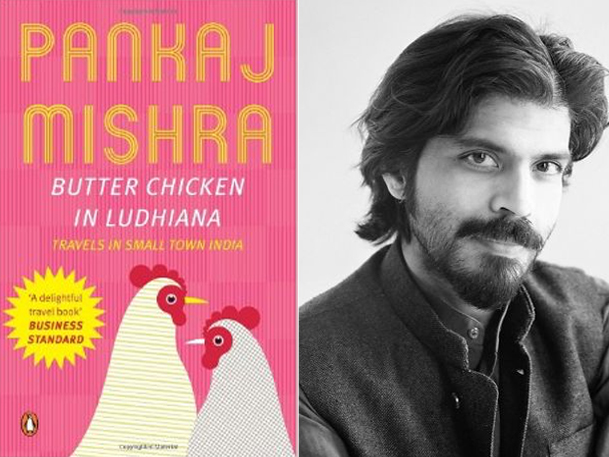
Butter chicken is what Punjabis in dhabas serve to outsiders. Even though it has nothing to do with canonical Punjabi food, it’s also ubiquitious throughout India as Punjabi khana. Let the fools have their butter chicken. This isn’t Pankaj Mishra’s usual hard-hitting, incisive research heavy style of writing. Nor is it a look at the political machination of the butter chicken industry. It’s an incredibly well written book on a small town in Punjab by someone with a traveler’s soul. He attempts to humanize the people he meets without forcing his own ideology and there are of course certain heavy themes like the new Indian middle class and the Indianified toxic capitalism that reigns free, but overall this is a character driven story. We see wit, insight, and scenes with shopkeepers talking about planning holiday in London. Come for the Butter Chicken, stay for the wit and insight (new tourism campaign for Ludhiana).
Sample Lines:
The deep voices boomed loudly enough to jolt me from my mid-morning snooze. My eyes opened up to a predominantly male crowd of Nigerians clustered near the information desk in the centre of Gatwick Airport’s departure lounge, gesticulating angrily.”

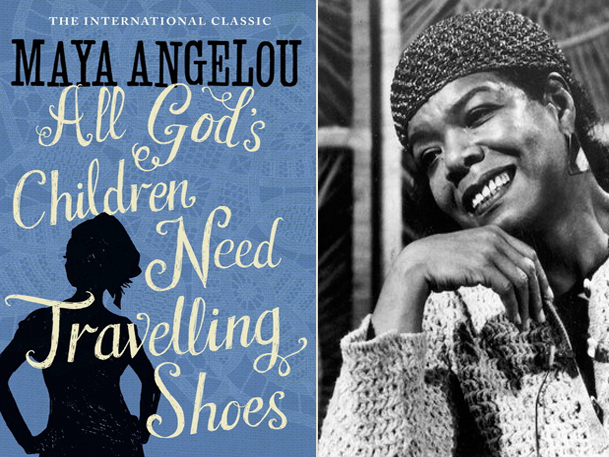
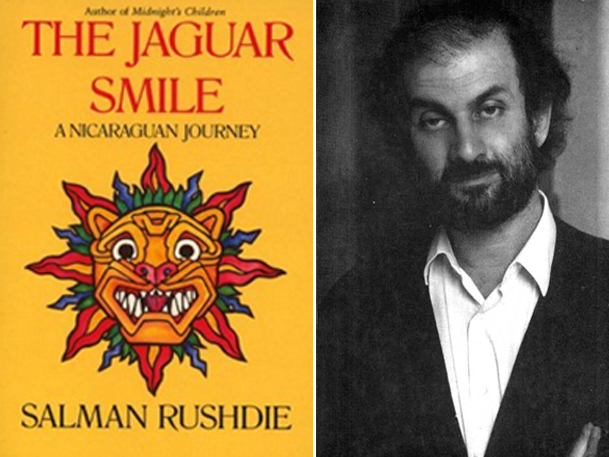
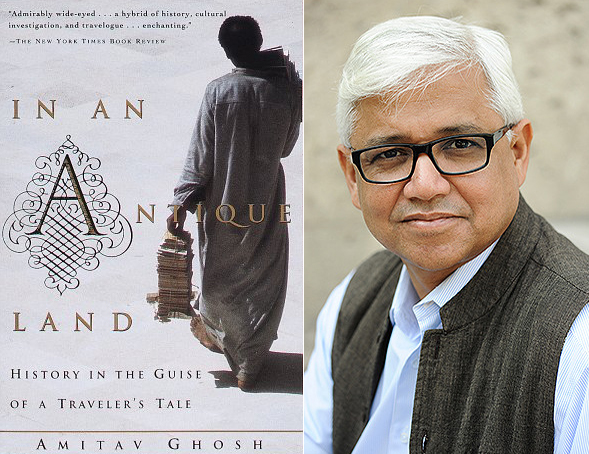
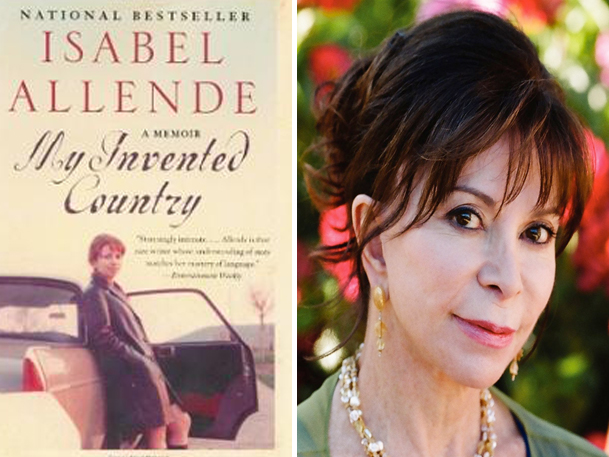
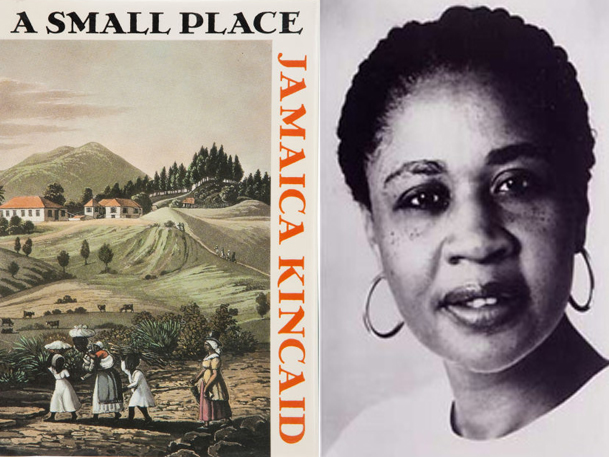
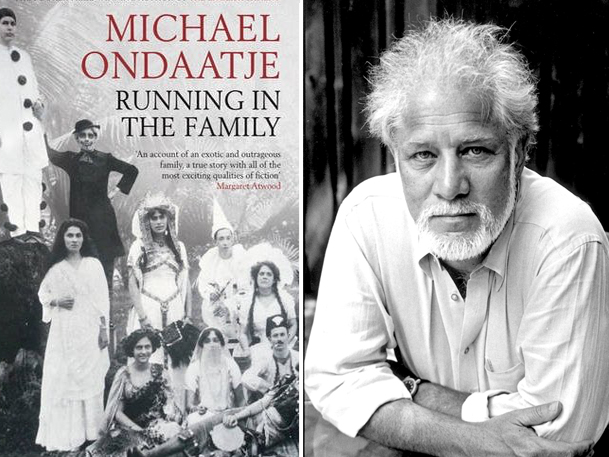
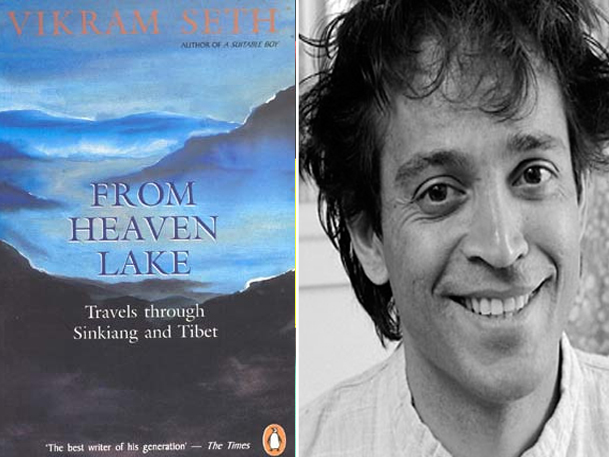
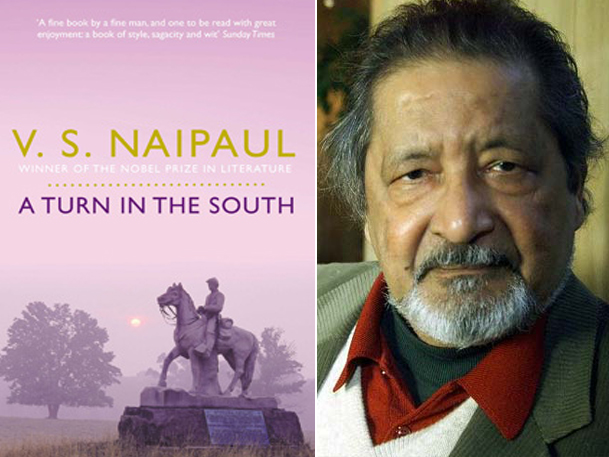
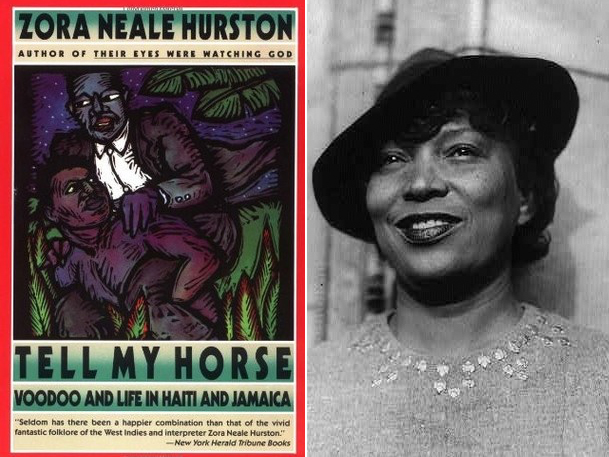
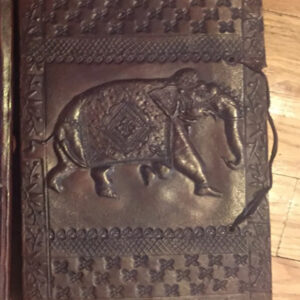


I’ve got tears in my eyes, this list is so over the top glorious. I’ve read some of these and the rest are going immediately on my overgrown to read list. You’ve even inspired me to re-visit one of my fave author’s, Jamaica Kincaid and how I used “A Small Place” as a travelogue for my first visit to Antigua as an upcoming blog post. Thanks for the shout out and so great to connect!
It is wonderful to connect! I am super excited about reading your post about “A Small Place.” Literature is really the only way I know to truly connect to a place. As much love as I have for Lonely Planet, there’s just something about well written travelogues that go straight to the soul. A very heartfelt thank you for the absolutely lovely comment.
I’m just so excited to have discovered you! I forgot to mention that I’m finishing Naipaul’s An Area of Darkness and the self loathing is appalling but so very enthralling. I’m still trying to figure out what exactly went wrong with him but it doesn’t stop him from being a good storyteller. Don’t think i could handle a Turn In The South.
All of the exclamation points. Thanks for putting this together!
Ha! Thank you for reading!
I like to say that both the arguments as developing may be true: That there is no dearth of top quality writing; and the POC’s do need to storm the publishing world and internet with more of it.
And one day there will not be a white talent or not so white talent but a talent!
loved this, thank you, been looking for travel books by poc and stumbled upon your great blog